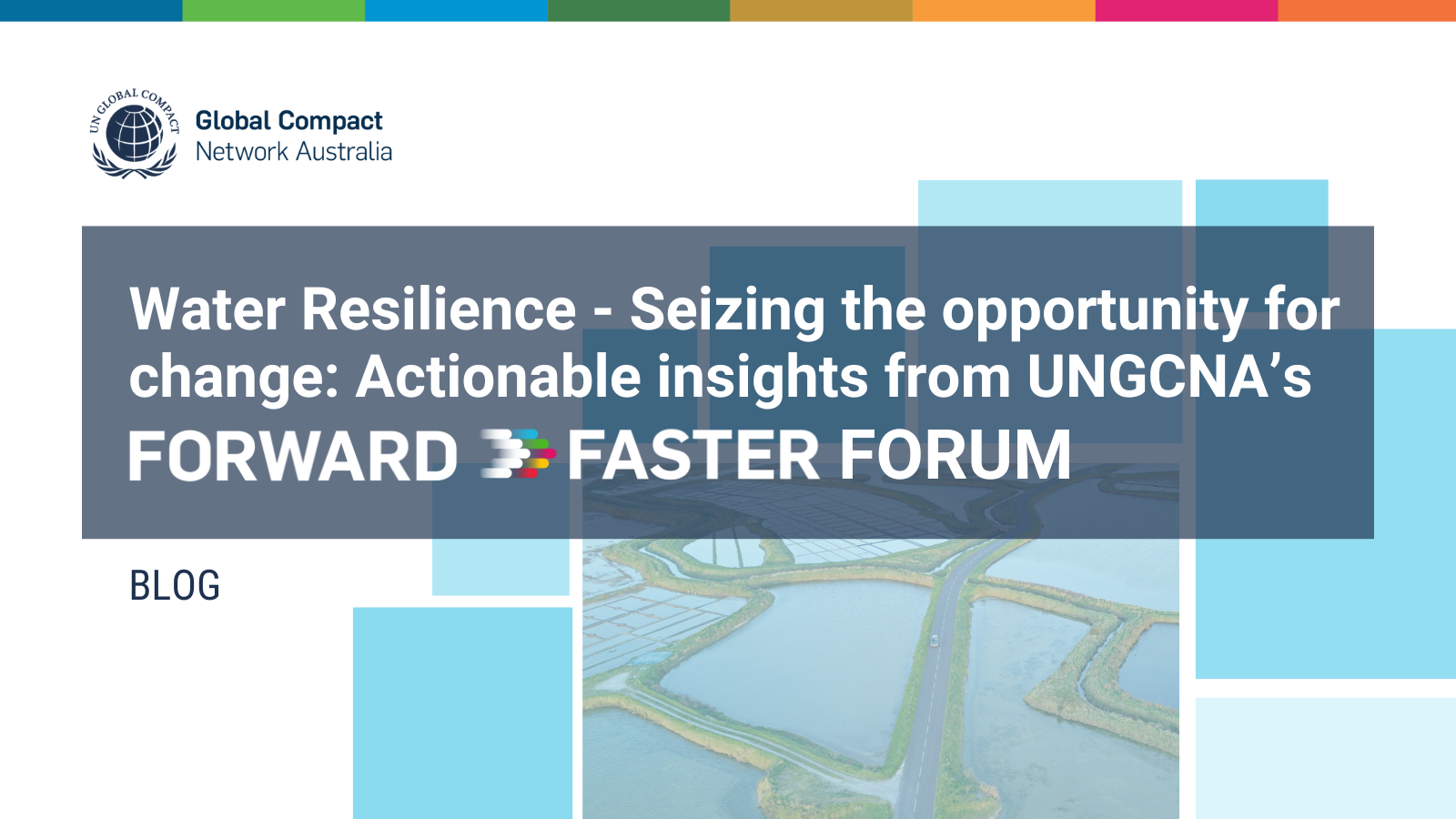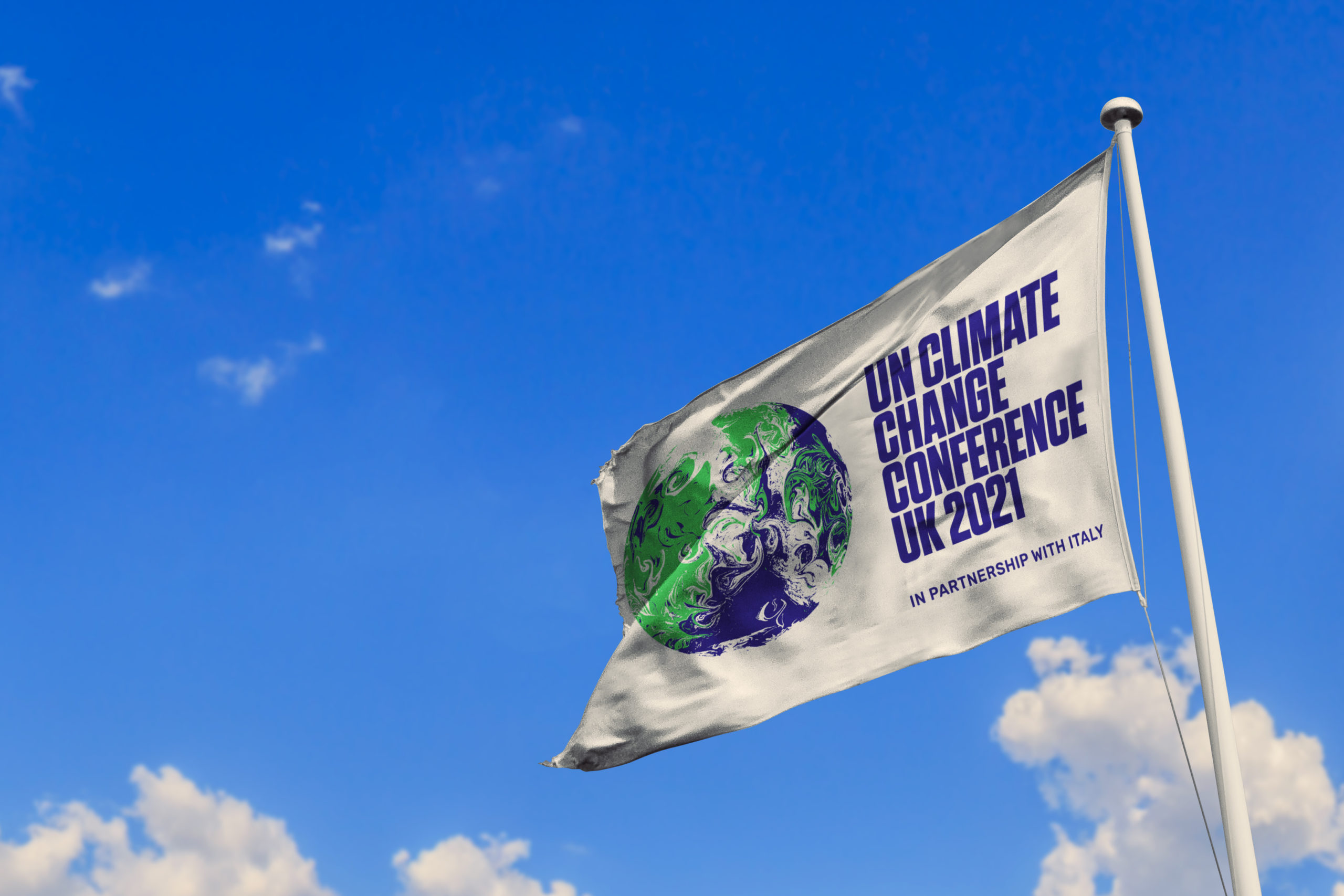
Environment & Climate Change, News
COP22 and global climate update
UN Global Compact Network Australia | November 30, 2016
November has been a significant month for global action on climate change. The Paris Climate Agreement – an agreement between 193 states to limit global warming to 1.5°C – entered into force on 4 November ahead of COP22 in Marrakech, building continuing global momentum for action.
The Paris Agreement was the result of unprecedented international collaboration between governments, business, investors and civil society, who all fed directly into the deal. As the Agreement entered into force – due to ratification by 94 countries, representing 66% of global greenhouse gas (GHG) emissions – governments signalled to markets the importance of transitioning to a low-carbon economy.
Global leaders from all sectors gathered for COP22 in Marrakech to detail how commitments made under the Paris Climate Agreement will be achieved, with the role of business continuing to be emphasised.
Speaking in Marrakech, UN Secretary-General Ban Ki-moon urged business leaders to increase their climate commitments, stating:
“Now it is time to turn words into deeds, to seize the opportunity before us for. We have no time to lose … that is why Marrakech is critical for strengthening the global climate action agenda, ensuring that we close the gap to meet the below 2°C pathway. And that’s where business has an enormous role to play.”
Caring for Climate delivers status report on business contribution to climate action
At COP22, Caring for Climate – the UN’s formal forum for business leadership on climate change, convened by the UN Global Compact, UNEP and UNFCCC – launched the 2016 Status Report: Business contribution to climate action, a first attempt to assess business contributions to the global climate agenda. Key findings highlight:
- A myriad of businesses and investor groups have started to join a range of private sector-focused climate action initiatives. There are now 30 business-led initiatives registered on NAZCA (the UNFCCC’s Non-State Actor Zone for Climate Action), a more than threefold increase in the past three years, collectively accounting for more than 3,300 participants.
- The potential collective impact of the initiatives on emissions is substantial.
- Although it’s too early to assess quantitative progress in detail, there are encouraging early signs of progress – including rapidly growing participation.
- An enhanced procedure to track and communicate on progress, while respecting the voluntary nature of the initiatives, would be hugely beneficial in allowing stakeholders to better understand the contributions that initiatives are making, enhance their credibility and generate important learnings for the global community.
While business and investors are already taking significant action on climate change through a number of initiatives, more must be done.
Ahead of the high-level Caring for Climate Meeting at COP22, Lise Kingo, Executive Director, UN Global Compact, asked, “how do we fill the gap between what we have committed to in the Paris Agreement and what has been put forward by individual countries in the INDCs?”.
The UN Global Compact’s new platform, Pathways to Low-Carbon Development, was introduced – a platform which will support companies to review, re-align and recalibrate their corporate climate goals, while providing them with opportunities to contribute to country-level climate policies.
The Science Based Targets initiative – from the UN Global Compact, WWF, CDP and WRI – has also continued to grow, with over 200 companies now committed to set SBTs. Australian companies are engaging with the initiative through an SBTs Community of Practice, being led by CDP and WWF and supported by the GCNA. Other companies are becoming Climate Pricing Champions and setting a minimum price on carbon.
The UN Global Compact, together with key partners, are providing a range of platforms through which businesses can demonstrate commitment, leadership and action on climate change. For further information or to get involved, please contact us.
You can also read about GCNA member Solaris Paper’s experience at COP22 here.



